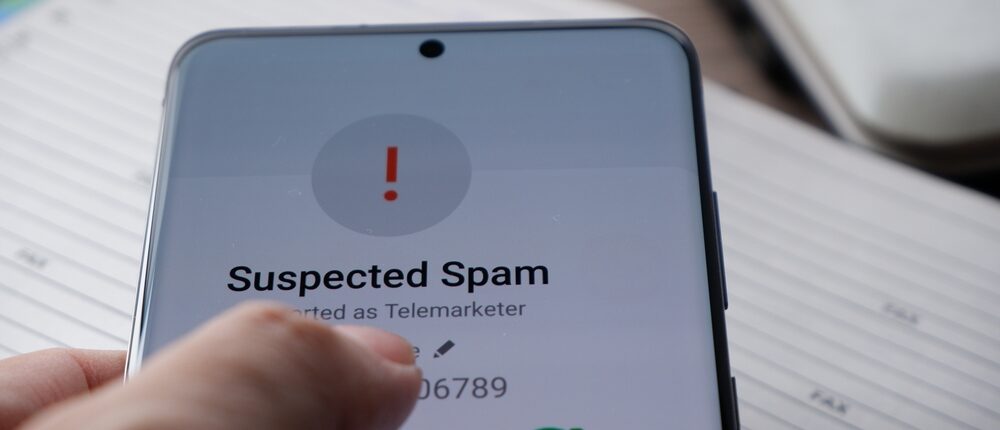InnovaCare Health & Wellness blog
The “agent” on the end of the line is cheerful, easy to talk to and helpful. It’s time to reenroll into Medicare Advantage, he says, and you’ll just need to confirm your Social Security number, Medicare Advantage number, street address and date of birth. Then, he has a great new plan for you—you’ll just need to change a few things.
Stop right there: It could be a Medicare scam—or at best, someone more into making a sale than making sure you have the right plan.
Scams hit millions of seniors and swindle them out of more than $3 billion every year. Prime times for Medicare scammers to strike include:
- Anytime around your 65th birthday. If you’ve ever typed your birth date into an online form, it’s always possible that a scammer has stolen that information and will use it. As a senior, your Initial Enrollment into Medicare or Medicare Advantage lasts for seven months, starting three months before you turn 65 and ending three months after your birthday. So don’t be surprised if you suddenly start getting a lot of scam calls around then.
- Open Enrollment, October 15 to December 7. If you had private insurance coverage previously, simply forgot to enroll or want to make a change, you can still apply for original Medicare or Medicare Advantage during this period.
- Medicare Advantage Open Enrollment, between January 1 and March 31. If you have Medicare Advantage, this is when you can switch to a different Medicare Advantage plan or switch to Original Medicare.
Scams can take many forms, but the most common scams include:
“I’ll need you to verify your identity so I can get you a new card. There’s a charge, so I need your credit card number too.”
Stop: The government will never call you to ask you to verify your identity to obtain your Medicare Advantage or Medicare card. And there is no cost to get a card.
“Great news: You’re eligible for free medical supplies. I just need your Medicare Advantage number and a credit card number to cover the shipping.”
Stop: Scammers will tempt seniors with free stuff or even a free medical checkup, in return for stealing your identity and running up charges on your credit card.
“Hi, there’s been a change in Medicare coverage, and I’m afraid we overcharged you. If you can give me your Medicare Advantage number and your bank account information, I’m happy to direct deposit those funds back to you.”
Stop: The government will never ask for your credit card or bank account information.
“If you can’t give me your Social Security number and birthdate right now, you’re going to lose your coverage.”
Stop: Scammers may even be aggressive or threaten that you will lose coverage if you don’t confirm your Social Security number or other private information.
If you suspect you’re being scammed, try these tactics:
- Ask the caller for his or her name and number so you can call them back. Usually, they will hang up on you.
- You can call 1-800-MEDICARE (1-800-633-4227) or the customer service number on the back of your Medicare card to check if a call was legitimate.
- If they’re threatening you, just hang up.
- If the same scammer is harassing you again and again, report it to the Federal Trade Commission at 1-877-382-4357, or call 911 if you’re afraid for your safety.
- If you’ve given out personal information or think your identity has been stolen, call the ID Theft Hotline at 1-877-438-4338 or IdentityTheft.gov.
However, it’s important to point out that your practice will most likely contact you if you’re about to turn 65 to remind you about the importance in enrolling in Medicare Advantage or Medicare. For example, the InnovaCare Health family of practices and providers across Central and Northern Florida talks to seniors about the new services they can qualify for under Medicare Advantage—including dental care, home delivery of prescriptions, transportation, availability of in-house specialists, $0 copays, and much more. And, by staying in close contact with your provider, you can also verify with them if a call was legitimate and avoid being scammed.
Remember, while scams can happen to anyone, seniors are most at risk. So, keep your cool, never give out personal information to random callers, and never feel pressured to change your Medicare or Medicare Advantage plans, unless you’re the one making the call.
Share Article


